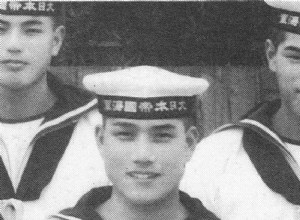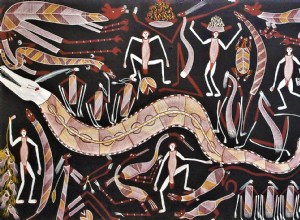A two meter long painting of a kangaroo in the Kimberley region of Western Australia has been identified as the oldest intact cave painting in Australia. Using radiocarbon dating of 27 mud wasp nests, collected above and below 16 similar paintings, a University of Melbourne collaboration has dated




